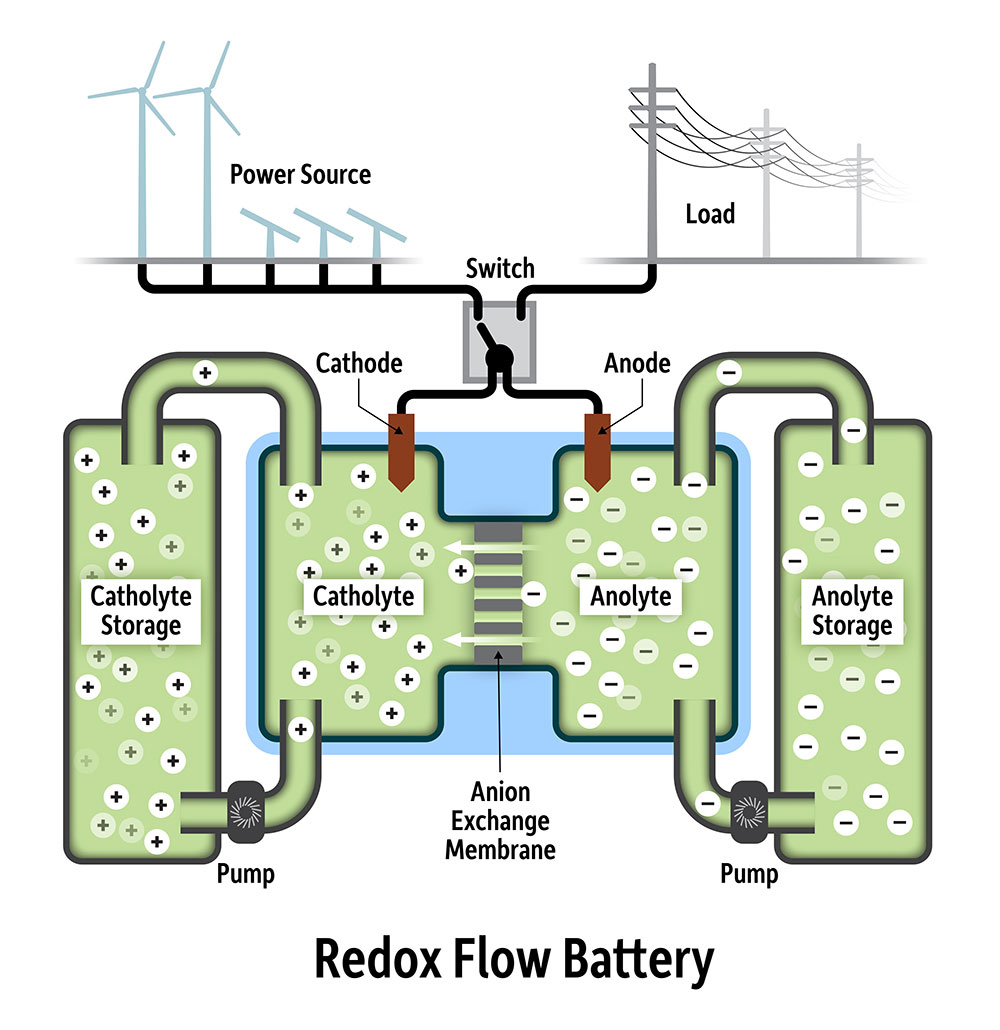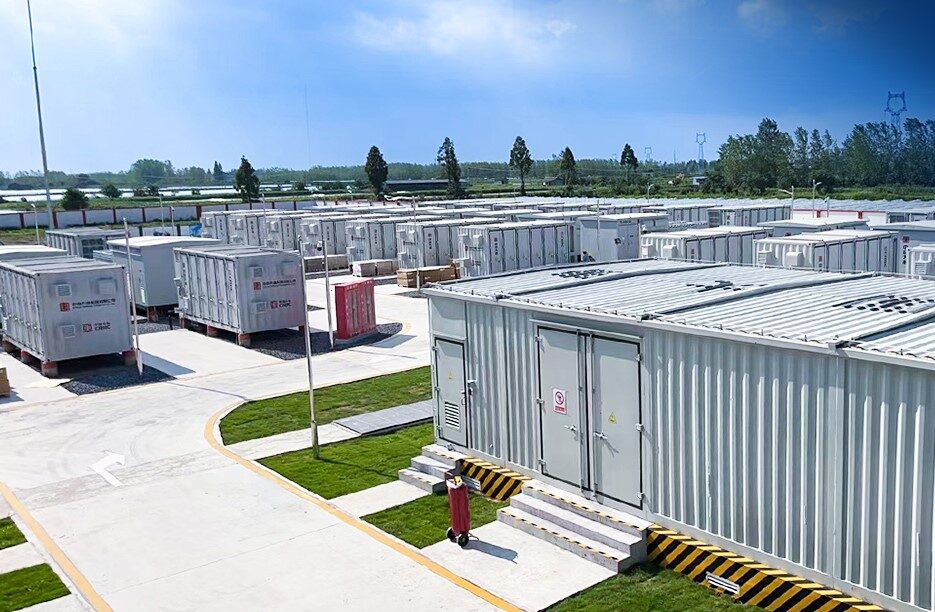Vanadium redox flow batteries are one of the most promising energy storage technologies today due to their low fire risk, long cycle life, and excellent scalability. However, in order to unlock the technology’s full potential, further effort is needed toward the development of advanced control strategies.
In order to enhance the stability and anti-interference ability of vanadium redox flow batteries in microgrids, a group of researchers led by the University of Western Australia have developed a novel learning-based data-driven H∞ control approach.
The control strategy uses an integral reinforcement learning algorithm to produce excellent steady-state and dynamic responses only by measurements. Compared to model-based control methods, it is insensitive to model parameter variations, according to the researchers.
Furthermore, compared to most of the existing artificial intelligent control approaches that require large amounts of experimental data for offline neural network training, the proposed control strategy contributes to eliminating the offline training process and therefore, does not need the costly and tedious training data acquisition process.
Importantly, the proposed control offers guaranteed closed-loop control stability, which cannot be achieved by nearly all the control methods that purely rely on the offline trained neural networks.
“While ensuring excellent online control performance, the proposed method overcomes the defects of existing vanadium redox flow battery control methods, such as model dependence and inability to train online,” the researchers said.
In their paper, they provide proof of stability and claim to verify the superiority of the proposed control method by the demonstrations of simulation results and quantitative analysis. They discussed their findings in “A novel learning-based data-driven H∞ control strategy for vanadium redox flow battery in DC microgrids,” which was recently published in Journal of Power Sources.
This content is protected by copyright and may not be reused. If you want to cooperate with us and would like to reuse some of our content, please contact: editors@pv-magazine.com.




1 comment
By submitting this form you agree to pv magazine using your data for the purposes of publishing your comment.
Your personal data will only be disclosed or otherwise transmitted to third parties for the purposes of spam filtering or if this is necessary for technical maintenance of the website. Any other transfer to third parties will not take place unless this is justified on the basis of applicable data protection regulations or if pv magazine is legally obliged to do so.
You may revoke this consent at any time with effect for the future, in which case your personal data will be deleted immediately. Otherwise, your data will be deleted if pv magazine has processed your request or the purpose of data storage is fulfilled.
Further information on data privacy can be found in our Data Protection Policy.